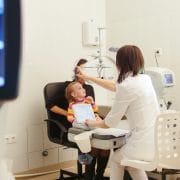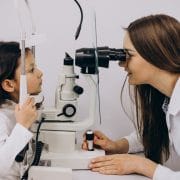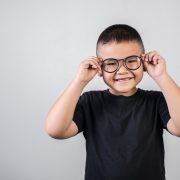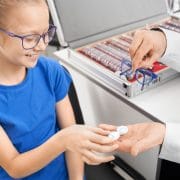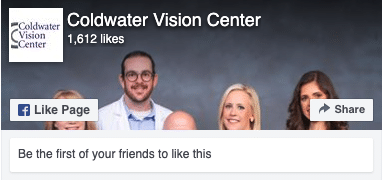Teaching Kids to Care For Contact Lenses
Whereas eyeglasses can be easily taken off, lost, or sat on, contact lenses are more likely to be used and accepted by your school-aged child. Contact lenses for kids in Coldwater, MS, offer a great alternative to eyeglasses. But contacts require special skills to ensure they are well cared for. Here are some tips for teaching your child to care for contact lenses.
Explain the Basics
Be sure to sit down with your child to ensure they understand the basics of contact lenses. Kids are naturally curious, so if you explain what they look like and how they work, your child will have that curiosity satisfied. It also helps them feel more confident about wearing the lenses, knowing that contacts have been used for a long time to correct vision.
Explain the Need
Secondly, explain how the contact lenses will directly help your child to see better, read better, and perform better. Talk about how good vision is essential for playing sports, enjoying playground equipment safely, gaining confidence in social situations, and doing well in school and in other ways. Knowing why they’re wearing contact lenses will motivate your child to care for them properly.
Explain the Function of Each Supply
Layout the contact lens supplies on the bathroom counter and explain what each one is for: the storage case, the cleaning solution, the saline solution, etc. Talk about what each product does.
Demonstrate the Process
Children are masters at mimicking what they see. First, demonstrate the whole process, from removing the contact lens from its container to cleaning, rubbing, and rinsing. Tell your child, “now it’s your turn,” and let your child practice while you oversee. Gently correct any “mistakes.” Practice again until you’re confident that your child has the process memorized.
Establish a Routine
Children respond well to routines, which make them feel safe. Consistency is key in contact lens care. Help your child develop a daily routine for inserting, removing, and cleaning their lenses.
Your eye doctor in Coldwater, MS, can reinforce your teachings at home, giving your child the tools and information to care for their contact lenses. Contact us today to book an appointment!





